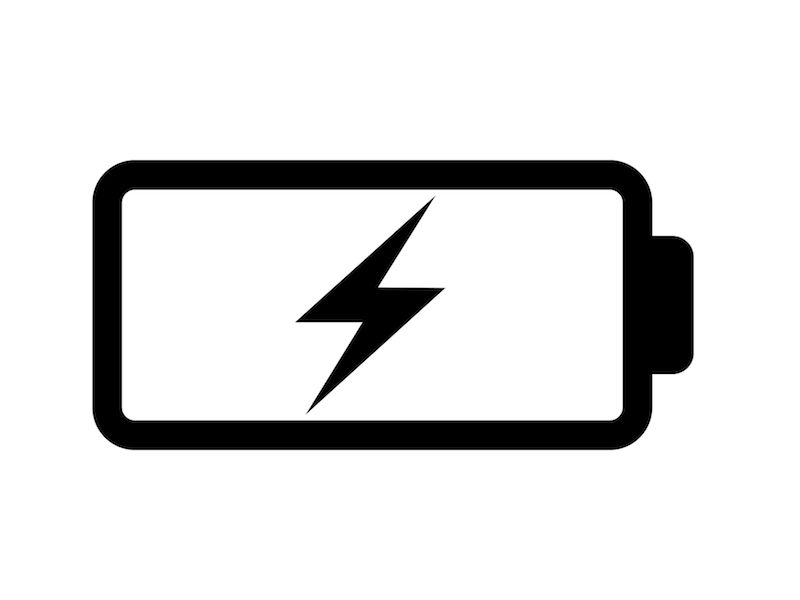
Worrying about running low on batteries is something you shouldn’t have to do with rechargeable hearing aids, but when you depend on this technology, it might make you a little nervous. Do rechargeable hearing aids work as well as marketed or do they even work at all?
The anxiety is understandable and so are the question you may have. A hearing aid can be a vital element of one’s everyday life, as necessary for a simple trip to the grocery store as they are for the enjoyment of a television show or movie. When a piece of technology impacts so many areas of your life, it’s essential that it work correctly and dependably.
What Type of Battery do I Have?
Most contemporary hearing aids have rechargeable batteries by default, so it’s likely if you bought your hearing aids recently, it has one of two kinds of batteries. Silver-zinc batteries, which can normally be identified by a battery door on the device, are rechargeable, but every so often they need to be replaced. A Lithium-ion battery, however, will not have a battery door because the batteries will last as long as the hearing aid does.
Rechargeable Hearing Aids Need Special Care
For the most part, rechargeable hearing aids do work, and they work well. As battery technology has advanced in the last few years, the reliability of these devices has increased dramatically. In order to increase dependability, however, there are some maintenance measures users can take as they would with any other electronic device.
- Keep Your Hearing Aids Dry and Clean: No matter how often you use or do not use your hearing aids, they have abundant opportunity to collect dust, debris, and moisture. Your hearing aid might not thoroughly charge if it is subjected to any of these three elements. When connecting your hearing aid to your charging station, as with any other time, it’s essential to keep your device clean.
- Be Mindful of Wires: Either the hearing aid itself or the charging station will have some kind of wire element on most hearing aids. Being aware of these wires is important for hearing aid users; the connection that allows the device to charge can be damaged if you pull on or hold it by the wires.
- The Charging Station is Where Your Hearing Aids Should be Stored: If your hearing aids have rechargeable batteries, you can increase the battery life of your device by making sure that you regularly store your hearing aids on their charging station. The long term battery life is not shortened by charging a battery that is not completely drained.As a matter of fact, you can actually enhance the battery life by making certain your hearing aids are charging when not in use. A simple reminder, for many people, to charge their device when it’s not used, is to place the charging station on a table near their bed.
How to Change a Rechargeable Battery
Lithium-ion batteries will normally last the lifespan of your device. So changing those batteries won’t be something you ever have to be concerned about. Your hearing aids can then be simply charged as long as necessary.
However, you will want to occasionally replace the batteries if you have a hearing aid that uses silver-zinc batteries. The longevity of your battery can be increased by changing them in the right way. Because of this, hearing professionals suggest the following:
- Keep batteries in a room temperature spot that is also sure to be dry.
- Make sure you wash your hands before changing your hearing aid batteries.
- Confirm that your battery compartment is free of moisture and clean.
- Let the batteries sit out at room temperature for at least five minutes before removing any tabs that might be attached.
- Until you’re ready to use the batteries, don’t remove the plastic tabs or packaging.
Non-Use For Long Periods
Keeping your hearing aids on the charger for long periods of time is no longer the way to store your hearing aids. Just disconnect your hearing aid and put it in a dry cool place if, for instance, you know you won’t be using them for a few weeks or a month.
If your hearing aids utilize silver-zinc batteries, you might also think about leaving the battery door open in order to stop moisture from corroding your batteries.
Keep it Charged Every Day
All your basic requirements should be met if you charge your hearing aids once per day. A lithium-ion battery, as an example, will usually require just 3-4 hours to charge enough battery power for a 24 hour period.
Do rechargeable hearing aids work? Not only do they work, but rechargeable hearing aids will very likely become a lot more common and reliable as the technology continues to develop. To see all the different models, contact your local hearing aid retailer.
